Eight Texas Democrats Voted To Ban Carbon Taxes
Eight Democrats break with the Texas Democratic Party platform to support the GOP’s anti-climate amendment.
Yesterday, the Texas House passed a constitutional amendment, HJR 138, that would ban the state from imposing a carbon tax or regulating carbon emissions through cap-and-trade. The resolution, pushed by Republicans and framed as a defense of the “free market,” is nothing short of a fossil fuel industry wishlist. It’s a preemptive strike against any future climate policy in a state that emits more carbon than any other nation.
And while Democratic leaders (Gene Wu and Rafael Anchia) spoke against the bill, warning of heat-trapping gases, rising disasters, and generational consequences, eight Democrats still voted yes.
This vote directly contradicts the Texas Democratic Party platform, which explicitly calls for a carbon tax and aggressive decarbonization.
That platform represents the will of Democratic voters across Texas, the people who organize, donate, and show up in election after election, demanding climate action. If these lawmakers aren’t fighting for the party’s priorities or a livable future, who exactly are they fighting for?
See the full debate (27 minutes):
What the bill does.
HJR138 proposes a state constitutional amendment that would permanently make it illegal for Texas to impose any carbon tax, no matter how severe the climate crisis becomes.
Specifically, it bans:
Any tax on the carbon content of fuel, and
Any tax on carbon dioxide or other greenhouse gas emissions from producing, using, or consuming goods and services.
This bill handcuffs future lawmakers from ever using one of the most effective tools in climate policy. Even if the science becomes undeniable, the floods worsen, insurance markets collapse, and the grid fails again, Texas would be constitutionally banned from acting.
And it doesn’t stop there. The resolution would be headed to the November 2025 ballot, where voters will be asked to lock this fossil fuel protection into the state constitution forever.
This is about protecting polluters.
What the Democratic Party platform says:
The Texas Democratic Party platform supports a carbon tax, not as a fringe idea but as a core policy to combat climate change, reduce emissions, and reinvest in clean energy.
The platform calls for Texas to:
Institute a carbon tax, reinvest the proceeds to offset energy costs, and fund renewable technology.
Lead a just and rapid decarbonization, reaching net-zero carbon emissions by 2050.
End oil and gas subsidies, electrify transportation, and build a clean energy grid.
Protect the communities most harmed by pollution and extreme weather, which are low-income Texans and communities of color.
In fact, the platform goes further than most state parties in the country. It names carbon pricing as essential to the fight against climate collapse. It calls out the oil and gas industry for dodging responsibility. It demands that polluters pay for the damage they cause, not working families, not flooded-out neighborhoods, and not underfunded school districts.
So when eight Democrats vote to ban carbon taxes, they’re not just breaking with leadership, or whatever power struggles are happening within the House Democratic Caucus. These Democrats voted against everything their party says it stands for.
Who voted for it and why that matters.
HJR138 passed the second reading, with 92 in favor and 49 against. While most support came from Republicans, many Democrats also favored the resolution. This bipartisan backing is significant, as constitutional amendments in Texas require a two-thirds majority to pass, necessitating support from both parties.
The eight Democrats were:
Philp Cortez
Aicha Davis
Josey Garcia
Christian Manuel
Joe Moody
Eddie Morales
Claudia Ordaz
Charlene Ward Johnson
The support from some Democrats suggests that the interests of the oil and gas industry influence Democratic legislative decisions. Texas, a leading producer of fossil fuels, has a substantial portion of its economy tied to this sector. The bipartisan support for HJR 138 indicates some legislators are willing to protect this industry from potential taxation on carbon emissions.
This raises questions about the alignment of legislative actions with environmental concerns and the priorities of Democratic voters in Texas, especially considering the state’s significant carbon emissions.
By supporting a constitutional ban on carbon taxes, these lawmakers helped normalize the idea that climate inaction is politically safe.
That’s a dangerous message in the state with the highest carbon emissions in the country, where climate change isn’t some distant theory. It’s now floods, wildfires, blackouts, and broken insurance markets.
This vote also represents a staggering misalignment with the voters Democrats claim to represent:
Young Texans, who will live with the consequences the longest.
Black and Latino communities, who are hit first and worst by environmental disasters and pollution.
Progressives, who’ve pushed for years to make climate justice a central party priority.
Instead of standing firm against right-wing pressure and corporate interests, eight Democrats chose to fold. Not to compromise, but to abandon a core Texas Democratic principle: that the people who profit from pollution should pay for the harm they cause.
What happens next will define whether this was a bad vote or a turning point.
What happens next?
HJR138 isn’t the law yet. After passing its second reading, the resolution still needs to clear a third and final vote in the Texas House. And here’s the key: constitutional amendments require 100 votes to advance. Yesterday’s vote got 92.
That means the bill can still fail.
The final vote, called the third reading, is scheduled for today. You still have time to act if you’re reading this before the House gavels in at 10 a.m. Call your Democratic representative. Call the eight Democrats who voted for this resolution. Tell them: vote no. Vote with the platform. Vote with the people. Vote for the future.
If you’re reading this after the vote and it passes, I promise you’ll hear from me about it again tomorrow. Because we will not let climate denial, corporate influence, and political cowardice go unchecked, no matter what party it comes from.
This fight isn’t just about a single vote. It’s about the direction of the Democratic Party in Texas. It’s about whether our leaders will stand with the people facing the frontlines of climate change, or with the corporations fueling it. It’s about whether the party’s platform is a promise or just paper.
There is no neutral ground when it comes to the climate crisis.
If Democrats can’t stand firm on something as basic as holding polluters accountable, then we have to ask: what are we electing them to do?
The third reading is today. The clock is ticking. And if this resolution passes, you’ll know exactly who to blame and who stayed silent when the planet needed them to speak out.
June 2: The 89th Legislative Session ends.
June 3: The beginning of the 2026 election season.
Click here to find out what Legislative districts you’re in.
LoneStarLeft is a reader-supported publication. To receive new posts and support my work, consider becoming a free or paid subscriber.
Follow me on Facebook, TikTok, Threads, YouTube, and Instagram.


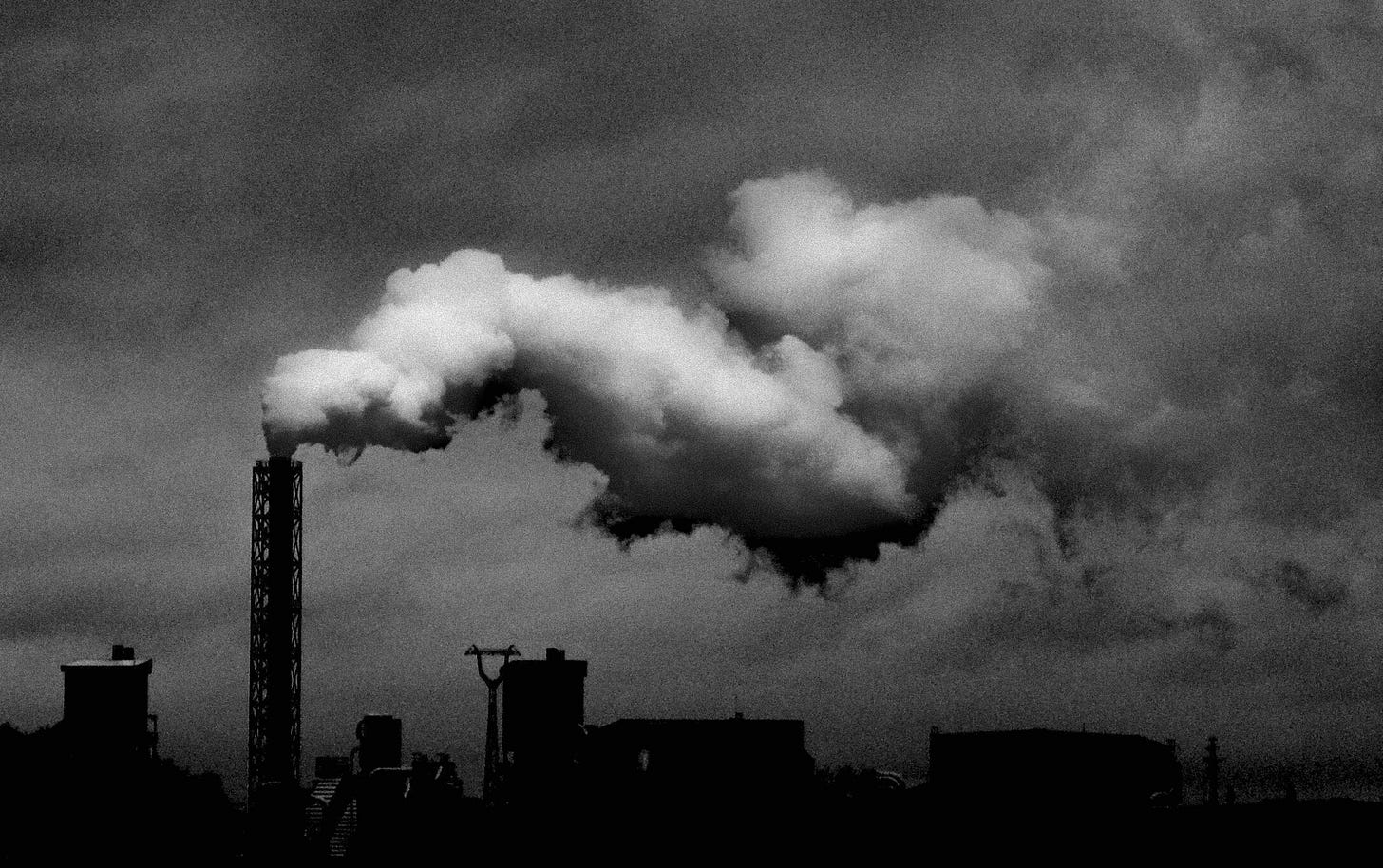
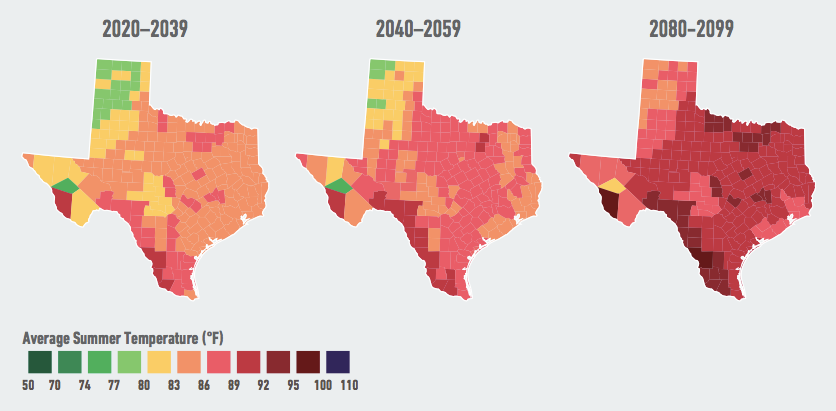
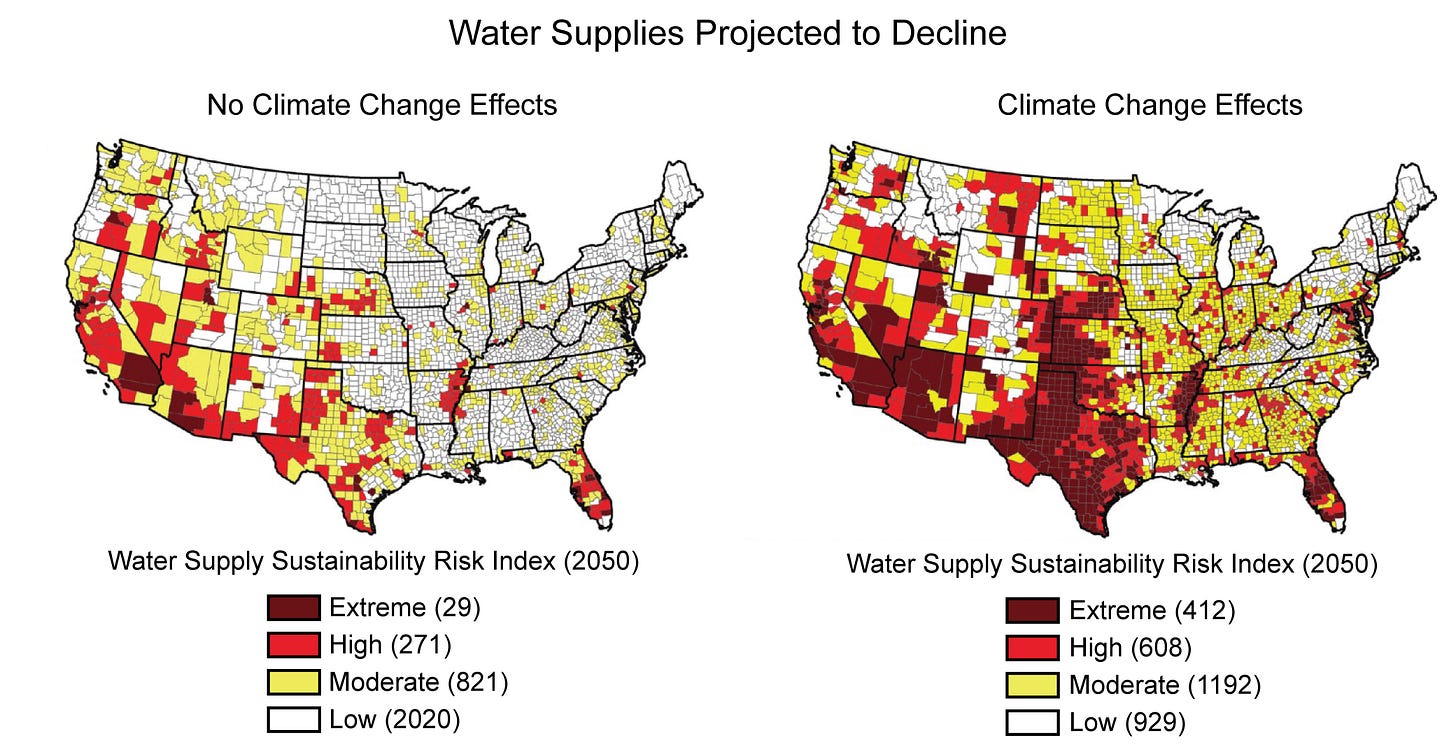
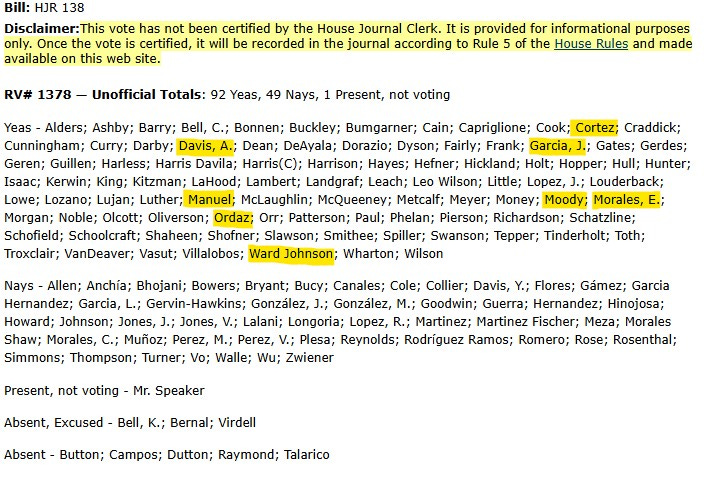

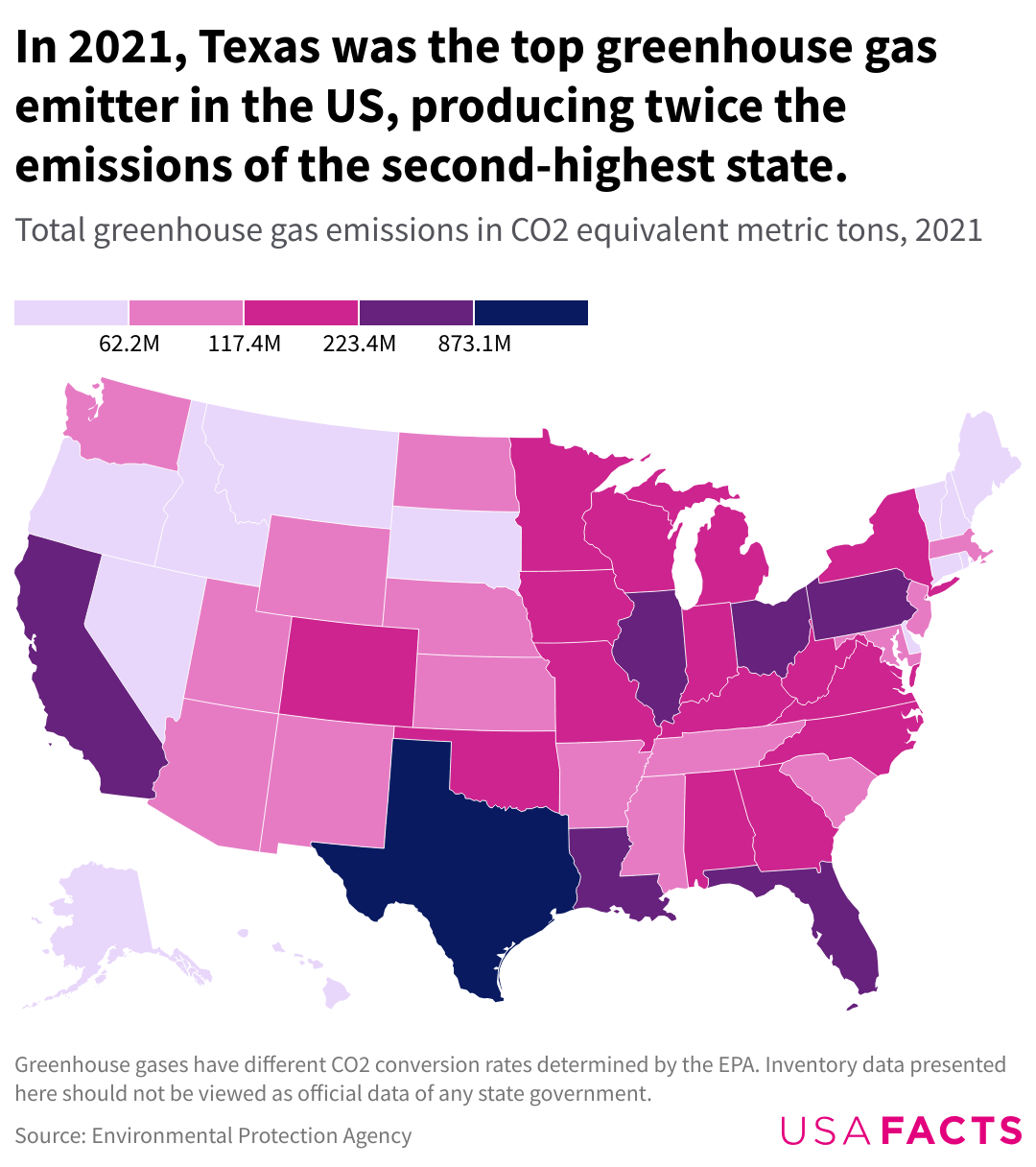
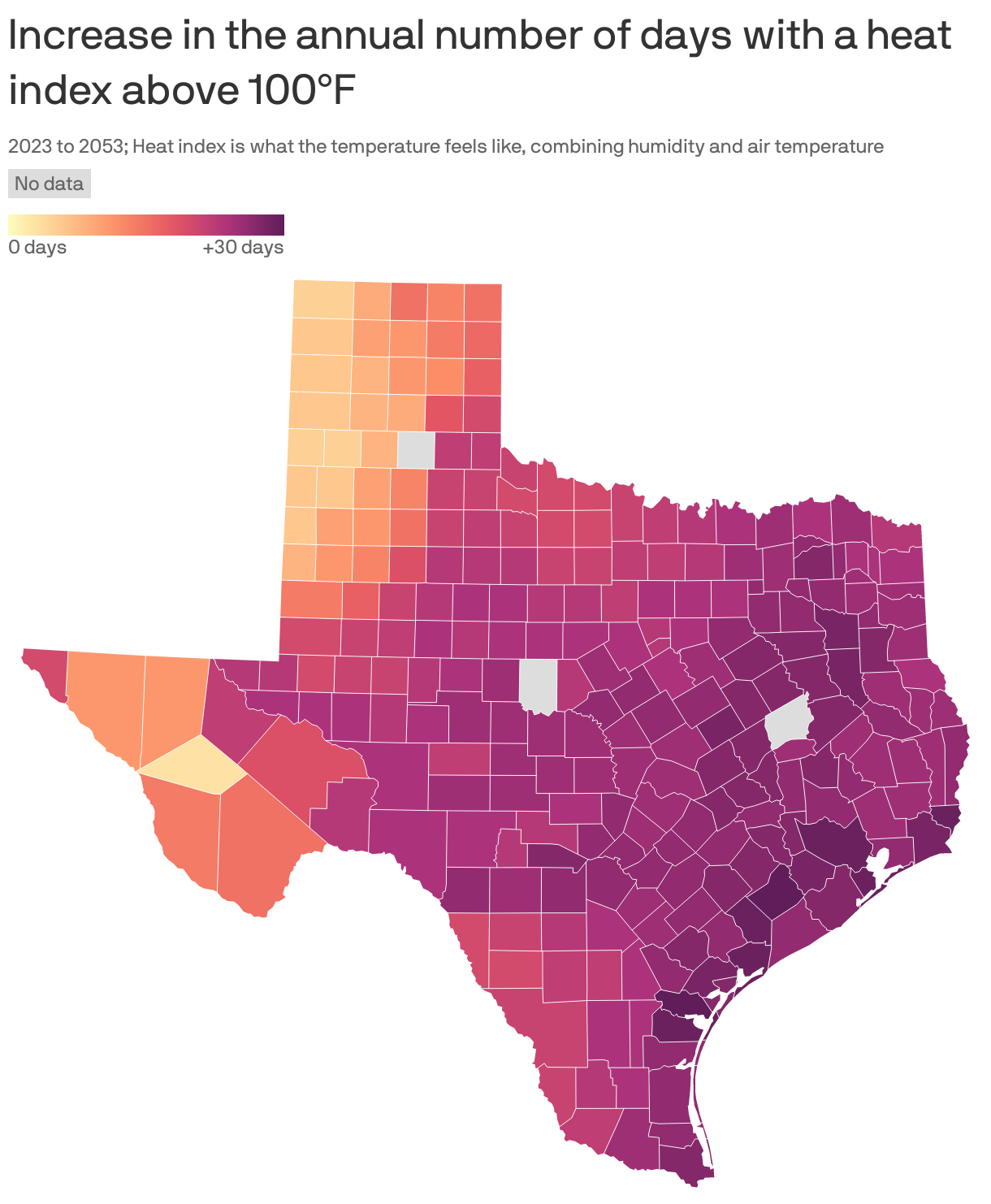
Texas love their carbon, even if it kills the world...i wonder what Davy Crockett would think?
I have a feeling these “Democratic Party” congressmen and women will get money from oil companies to get reelected. Phillip Cortez is in Bexar County (I don’t think any other Congress people from Bexar County voted for it? Please point out if I’m wrong.) and I will mention it to his constituents. However, I feel that like with Henry Cuellar, they might ignore this vote so that they don’t end up with a Tony Gonzales. Sooo I’m stuck between a rock and a hard place. It would be nice if the Bexar County Progressives would run someone against him.